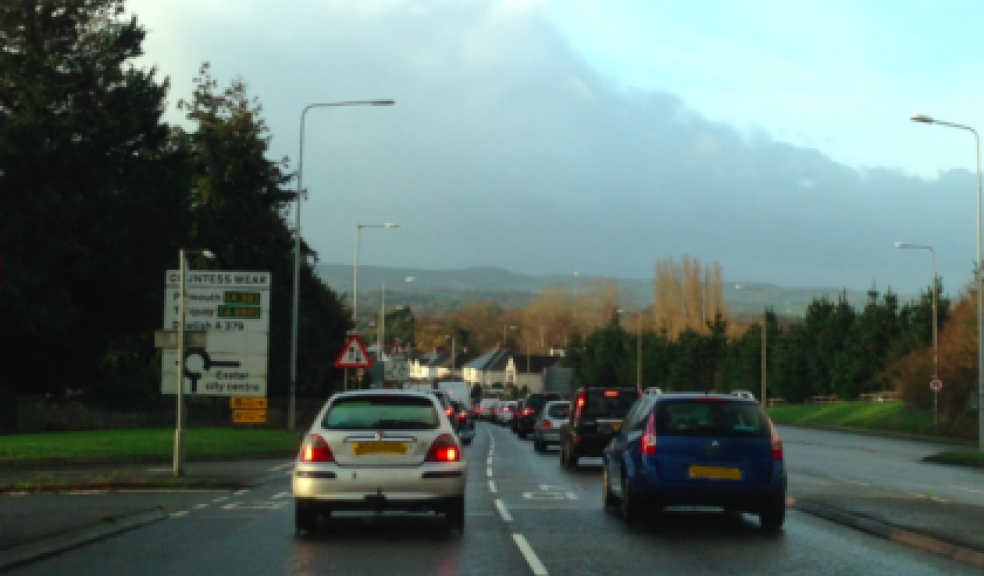
Project explores travel habits in Exeter
A project to update the transport strategy for Exeter has been examining the main findings from its initial work over the last six months.
The Exeter Mobility Plan recently held its second stakeholder event to explore its data which has highlighted that the majority of Exeter residents do not drive to work and, encouragingly, 55% of trips of less than 5km in Exeter are made either by walking, cycling or by bus. However, this is behind some other UK cities, such as Oxford and Cambridge, where the figure is 75%. Travel to Sowton is particularly dominated by car use, with city residents driving to work in Sowton representing 10% of all car commutes within the City.
Exeter attracts one of the highest ratios of commuters in the country, with 48% of people who work in the city travelling in from elsewhere. Providing a realistic alternative to the car for some of these commuters will be challenging, and the evidence highlights some key movements to target. This includes that 1,300 Exmouth residents commute to Sowton, which is greater than the number from any other town to other sites in Exeter.
And although traffic in the morning peak times is typically commuting, the afternoon/evening peak period sees shopping and leisure trips account for over 50% of traffic. Shifting the mode or timing of these trips could be key in reducing congestion in the city.
As part of the Exeter Mobility Plan, a new steering group comprising representatives from Devon County Council and Exeter City Council is to be set up in the new year to work up potential proposals to improve transport and travel networks across the city. It will be looking to engage with the public on its draft plans next Spring.
Councillor Stuart Barker, Devon County Council Cabinet Member for Economy and Skills, said: “The key to this project will be changing transport systems and travel habits, but the increase in demand on our transport infrastructure presents its own challenges. We have to make better use of the infrastructure that we have. Proposals will be developed by the steering group, based on the data we have, but once they have been prepared it will be vital to ask the public for comments.”
The Exeter Mobility Plan will form a standalone transport plan for Exeter that takes account of the impact of travel to the city as part of the large travel to work area and future growth proposals. The Plan will refresh the existing Exeter Transport Strategy in the Local Transport Plan 3 and set out new actions and priorities for Exeter’s Transport System.
The stakeholder event was attended by representatives from Exeter & East Devon Growth Point, Stagecoach, Exeter City Council, Exeter City Futures, and Exeter Cycle Campaign. Discussions are also progressing with other key stakeholders including Network Rail, Great Western Railways Highways England.
The project is partly funded through the EU InnovaSUMP project, involving partner cities from across Europe and focuses on achieving better mobility, less congestion, improved safety and security with a substantial reduction of traffic congestion to contribute to a low carbon economy.
Further information about the Exeter Mobility Plan is available from https://new.devon.gov.uk/roadsandtransport/traffic-information/transport...
Further information about the Local Transport Plan is available from https://new.devon.gov.uk/roadsandtransport/traffic-information/transport...
Further information about the Greater Exeter Strategic Plan is available from www.gesp.org.uk



















